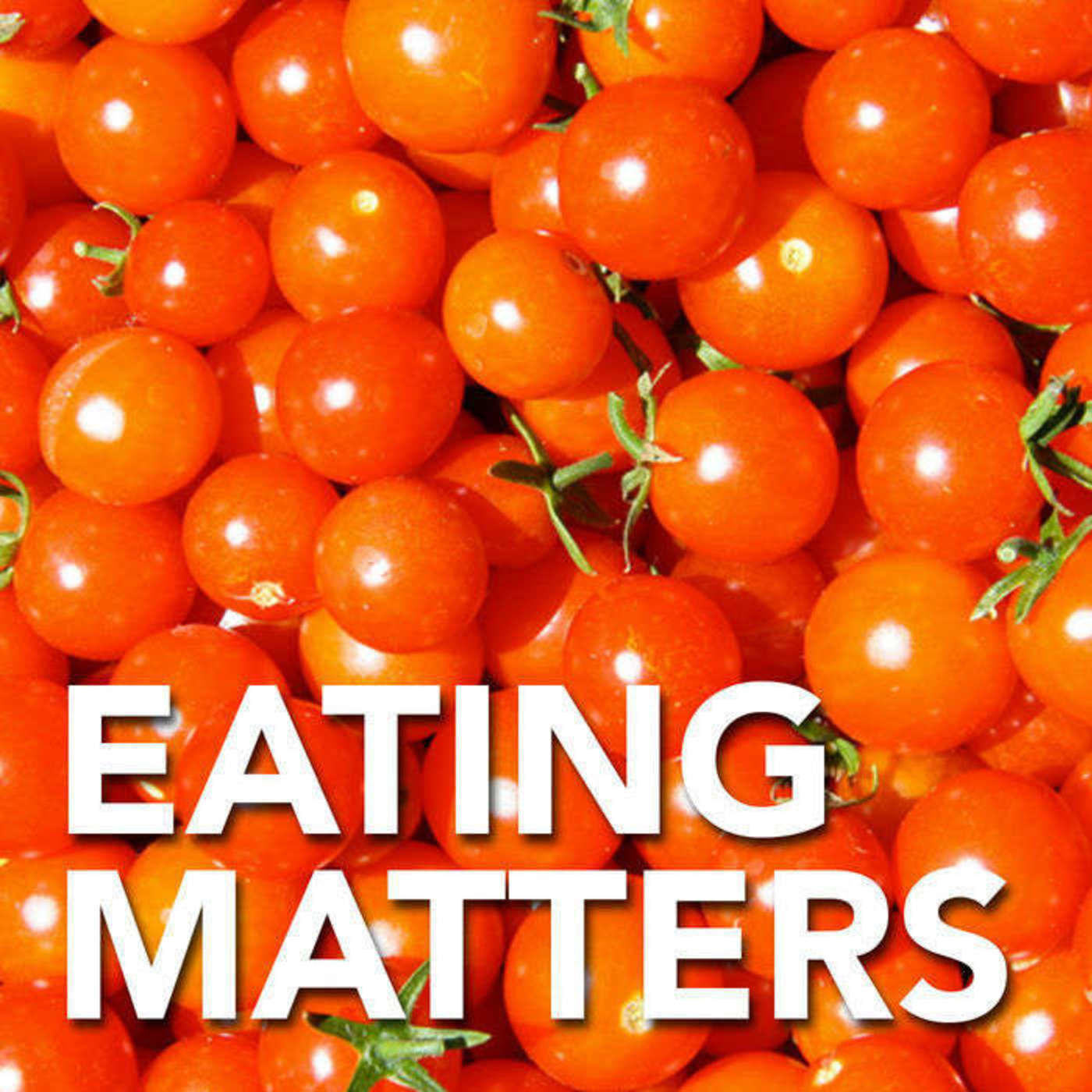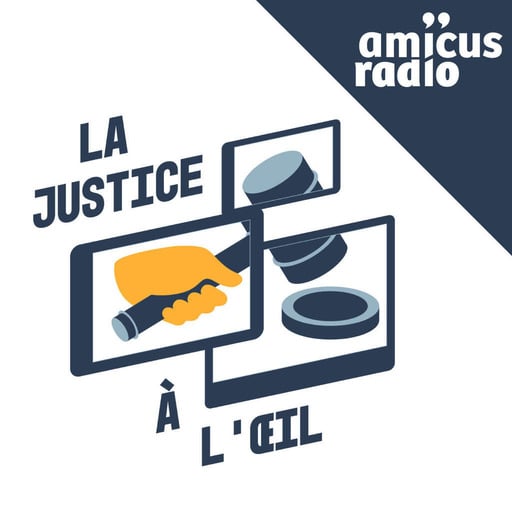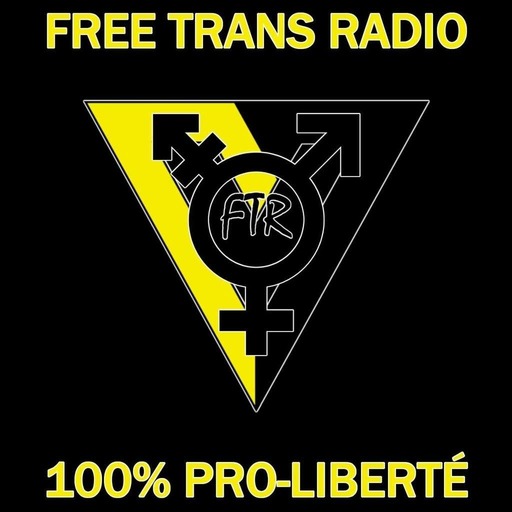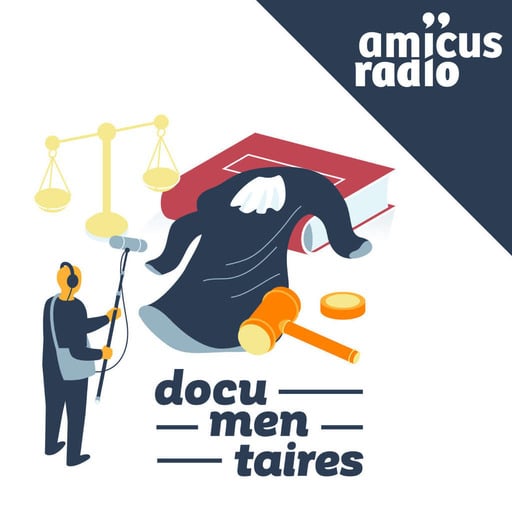This week on Eating Matters, host Kim Kessler is talking transparency in the food system. Inspired by the UCLA-Harvard Law School Food Law and Policy Conference that took place last week, Kim welcomes Erika George, Professor of Law at the University of Utah and Andrea Freeman, Professor of Law at the University of Hawaii to the program. Every day brings increasing news articles, intensified citizen concern, and political focus to the problems of our food system, accompanied by a building consensus to address the known challenges. However, it is noted in conversation that both the factors shaping and the implications of our current food system are often opaque and difficult to analyze, due to both the complexity and lack of transparency in our system. Most Americans are not aware of the consequences of the supply chains that they participate in, and in some cases health information about food products is also obfuscated or unclear. Yet, Kim and guests point out that there is debate among policy makers and food producers about the amount and type of information that consumers should be entitled to. This episode of Eating Matters further examines the issue of transparency in the food system, with the guiding questions of what do we mean when we say transparency, the role of the consumer in using information, and what more information can achieve and not achieve. This program was brought to you by Cain Vineyard & Winery.
“Many consumers simply aren’t aware where their candy bar comes from and what has gone into its production.” [15:25]
—Erika George on Eating Matters
“People who do not have a lot of disposable income to spend on food do not have choice – labels are irrelevant to them.” [21:15]
—Andrea Freeman on Eating Matters
See Privacy Policy at https://art19.com/privacy and California Privacy Notice at https://art19.com/privacy#do-not-sell-my-info.


 Emissions
Emissions











